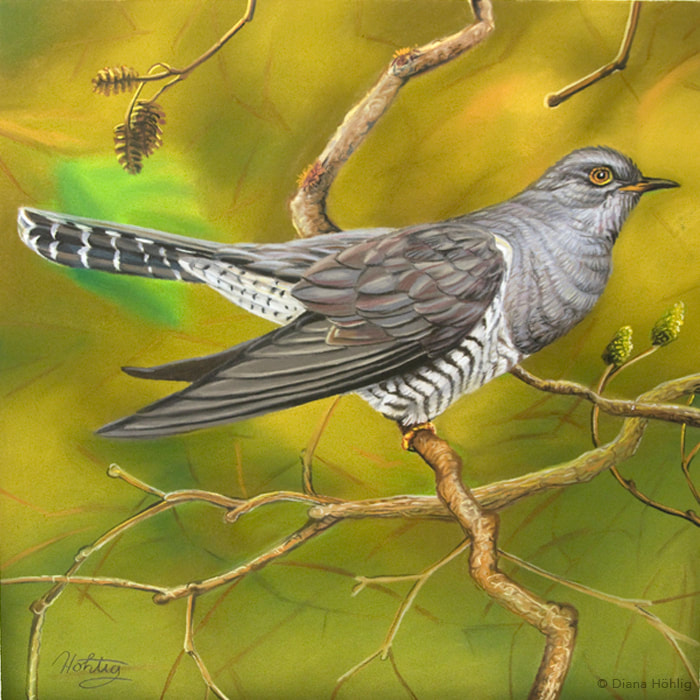Though I can sympathize with the unease many Christians experience when they encounter the possibility that God may need us, I cannot for the life me understand why so many Christians adamantly maintain that God does not, cannot, and will never have any real "need" of us.
My post from the other day received a fair share of comments (as noted above), but one in particular - submitted by fellow blogger William James Tychonievich - stood out for me:
Each of us can contribute something to Creation that no one else can -- and, yes, "no one else" means not even God.
William's comment not only encapsulates the essence of what I was trying to communicate in my post from the other day, but also addresses some painfully overlooked and under-emphasized positive imperatives within Christianity.
First, William's statement touches upon our inherent freedom and agency. Whether Christians are fully aware of it or not, we possess the ability to choose and we possess the ability to act upon our choices through agency.
Consider the possibility that God has very little or, perhaps more correctly, no control over our choices. Once again, this is bound to set off alarm bells in Christian heads. Yet at the same time, most Christians are perfectly at home with the idea that people can ultimately reject God and refuse Christ's gift of everlasting life through salvation.
If we possess the freedom and agency to reject God and refuse salvation, would it be too much of a stretch to consider that we also possess the possibility to use our freedom and agency for positive purposes, and that the limits of these positive purposes may extend way beyond "worshiping" God and accepting Christ's gift? Moreover, that God may "need" us to begin using our freedom and agency in such a way because we may bring something to Creation that he may not be able to offer on His own?
Second, William's assertion that we are able "to contribute something to Creation that no one else can" emphasizes our uniqueness; in particular, the unique quality of our own spiritual natures. We all carry the image of God within us and harbor a divine spark within our depths, but the manner in which we carry the Image of God and harbor the divine spark is unique, unparalleled, and unrepeatable.
On the other hand, William's observation also addresses our capability to actively participate in Creation as co-creators. Since we carry the Image of God within our divine selves, we have the potential to contribute something to Creation, not just physically, but spiritually as well. If we align our divine selves with God and Creation, we have the potential to add to Creation - and what we can potentially add will be something not even God would be able to add alone because our potential contributions will emanate from the combination of our freedom, agency, and uniqueness.
Lastly, consider the possibility that God actually wants and needs us to positively contribute to Creation - that our purpose and meaning in life are not limited to gaining redemption and salvation, but that life might be for something as well. This for is the contribution we can make when we align ourselves with God and begin working with Him creatively through the joint agency and cooperation of the divine and human.
This union of divine and human operation is exemplified by Christ.
Through Christ, God has proven that the co-operation of the divine and human is not only possible, but desirable.
God can bring the divine part is spades, but he "needs" us to supply the human part of the operation.
And he "needs" us to supply this human part from a position of freedom, agency, and love.
In light of all of the above, I don't understand why the mere thought of God needing us unsettles Christians so.


 RSS Feed
RSS Feed

